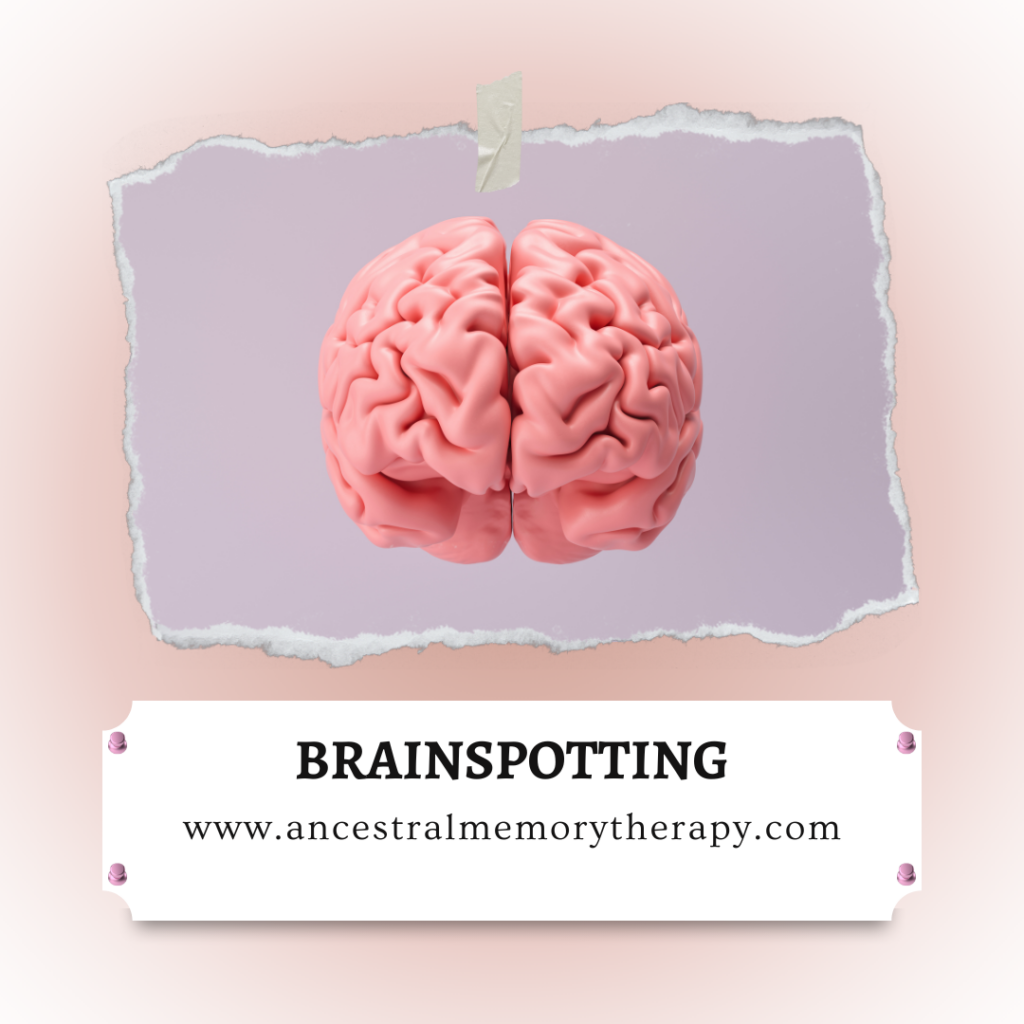Therapy is a powerful tool that can help you learn new strategies and approaches in managing stressors and the rediscovery of self. Psychological triggers may vary from the passing of a family member to unearthed childhood trauma, but there are various types of therapy that can be used to align with your diagnosis. Today, we will take a look at how the practice of Brainspotting therapy can become an outlet for BIPOC women’s mental wellness and increase their overall well-being. We’ll review what Brainspotting is, the benefits of its usage, if brainspotting actually works and how it can perhaps work for you.
What is Brainspotting therapy?
In 2003, Dr. David Grand discovered Brainspotting—he’s a clinical social worker renowned for groundbreaking work in healing trauma while he worked on research for eye movement desensitization and reprocessing (EMDR) therapy. The goal of this therapeutic modality is to offer another avenue to work through and process traumatic memories and disorders. This method is known as a more focused and practical approach to healing. As per Dr. Grand’s discovery, the direction people gaze in can affect the way they feel. Brainspotting allows therapists to guide patients’ eyes in a manner that will invoke a response to a traumatic emotion. With guidance during a session, patients are led to eye positions that can trigger traumatic memories in the brain, hence the term ‘brainspotting.’ Brainspotting provides a safe and assuring space to release physical and emotional stress from your body without fully reliving the vividness of the trauma.
How Brainspotting can work for you
Benefits and effectiveness of Brainspotting therapy can help with the following diagnoses:
- Chronic Stress
- Chronic pain
- Anxiety
- Post-traumatic stress disorder (PTSD)
Does Brainspotting work? It’s been noted that within a small study conducted by Dr. Grand, after a few therapy sessions, brainspotting evidence shows that there was a decrease in PTSD and anxiety levels among patients. Because brainspotting is focused on pinpointing and relieving trauma, brainspotting evidence shows that it will positively affect your overall health. Other benefits include an increase in energy, sound sleep, less traumatic memories and a reduced number of negative thought patterns.
This fairly new neuro-experimental treatment may resonate particularly with BIPOC women who may need support in healing racial trauma, microaggressions, racial gaslighting, injustices and oppression. Brainspotting presents a soft place to land and process these colonial traumas and more.
It’s imperative to find therapists who have completed Brainspotting training, as it is required. At Ancestral Memory Therapy, we have knowledgeable practitioners who explore the power and tools of Brainspotting therapy with our patients. We look to support our patients and enforce change. Interested in the practice of Brainspotting? Feel free to contact us and connect with our trained therapists who can gently guide you through transformational sessions:
- Melissa Taylor, MSW
- Tara Salehi Varela, MSW
- Chloe Levy, RP (Q)
1. https://cab.unime.it/journals/index.php/MJCP/article/view/1376

